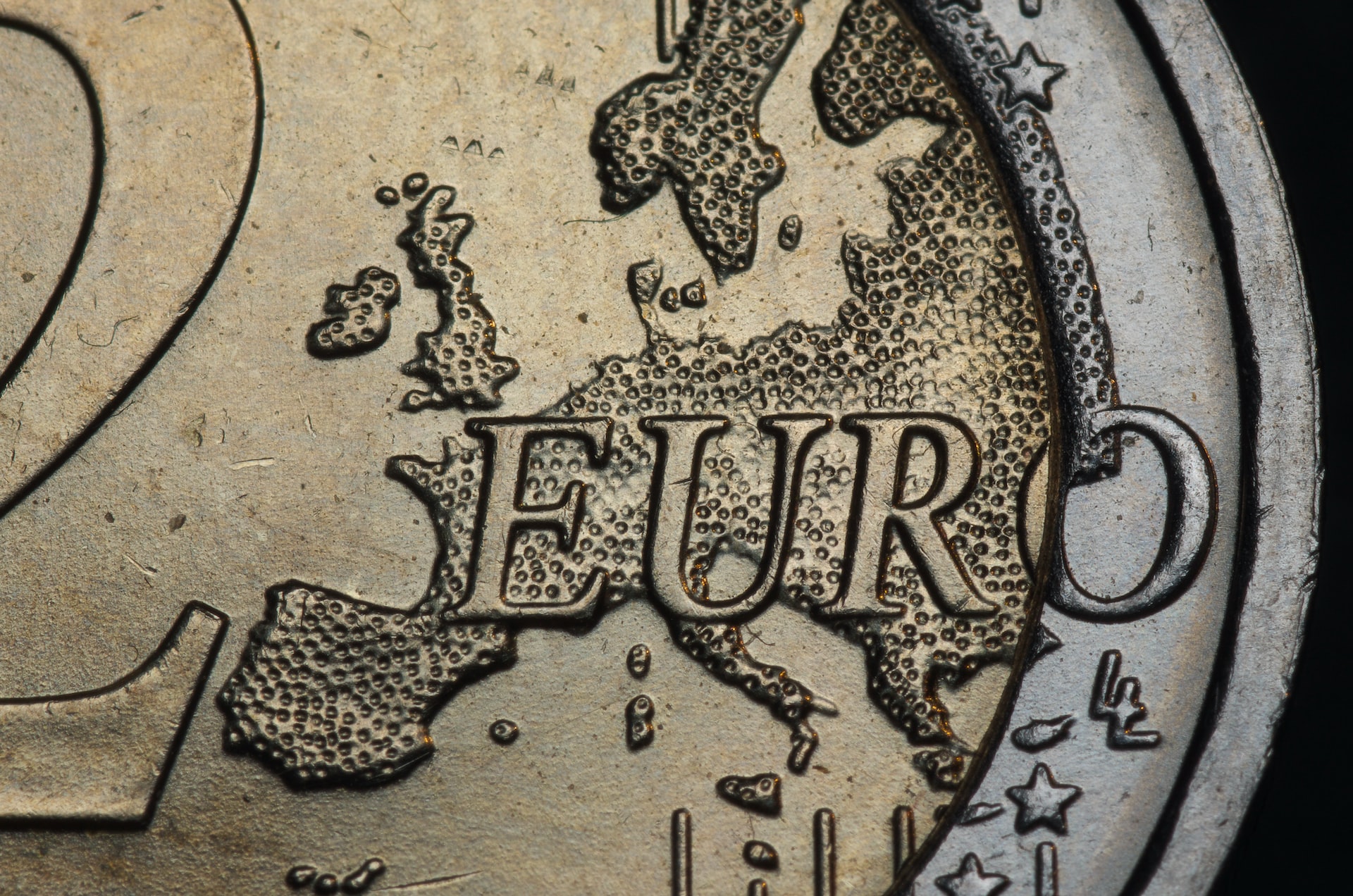Why doesn’t Italy know how to spend the money of the European Union?

The speech by Alessandra Servidori, professor of labor policies
On November 18, the European Commission issued a new REACT-EU check in favor of Italy, with which incentives for employment will be promoted, in particular for the hiring of young people and women, and for digital and green training in the field of the New Skills Fund.
The new allocation of resources is part of the 2022 tranche of REACT-EU which brought the budget assigned by Brussels to Italy to 14.4 billion euros. The 1.5 billion euro allocation for work and skills, in particular, follows the interventions already authorized in the context of the reprogramming of the NOP SPAO, the national operational program "Active employment policies systems" financed by the European Social Fund ( ESF) 2014-2020.
This new funding should create new opportunities for small businesses, young people and women in Italy. This is a prime example of the EU's support to Member States through incentives for employers and training opportunities for workers. Measures such as those funded under the present REACT-EU proposal will help Italian businesses and workers to keep pace with a rapidly changing but also very struggling labor market.
We recall that, promoted as part of Next GenerationEU, REACT-EU provides a supplement of 50.6 billion euros (at current prices) during 2021 and 2022 in favor of the Cohesion Policy programs of all Member States for the period 2014-2020, with two particular focuses.
On the one hand, support for labor market resilience, employment, SMEs and low-income households. On the other, the future needs for the green and digital transitions and for a sustainable socio-economic recovery.
With the approval of this additional €1.5 billion, Italy will receive a total of €14.4 billion under REACT-EU to boost its recovery and boost investment in the green and digital transitions. Going into the merits of the November 2022 tranche, the 1.5 billion granted by the Commission will be used to boost four measures.
The first concerns the creation of jobs in the southern regions through the so-called de-contribution of the South: 1.2 billion will be used to reduce the social security contributions paid by small businesses for their workers by 30% in the regions of Abruzzo, Molise, Campania, Puglia , Basilicata, Calabria, Sicily and Sardinia. To be eligible, companies must employ workers for at least nine months after submitting the reduction request.
Another 139.1 million euros go to supplement the budget for incentives for hiring young people. In this case, the funds are intended to reduce the social security contributions payable by employers who hire people under the age of 36 on permanent contracts during 2022, a measure which is expected to benefit more than 48,000 young people.
Similarly also for the third measure, to which 88.5 million euros go. In this case the funds are intended for incentives for the hiring of women in 2022, with the aim of reducing (within the limit of 6,000 euros per year) the social security contributions payable by employers. According to estimates made by the Commission, more than 54,000 women are expected to benefit from the intervention.
Finally, the fourth measure concerns training in the field of green and digital skills. Almost 280 thousand euros, as part of the "Fund for new skills", will be used to compensate for the hours during which staff participate in training courses to acquire new green and digital skills. In this case it is estimated that over 5,700 companies will benefit from the measure.
The truly negative element, in reality, is that we are one of the least capable states of spending European funds. In fact, the resources allocated by the EU are used to cover part of the expenses for specific projects. If there are no valid projects, however, European funds cannot be used and are "lost", in the sense that they remain in the EU budget without being exploited and spent.
Usage rates are different in different Member States. In the lead are the countries of the North, such as Finland, in the rear are the Mediterranean countries such as Spain and, indeed, Italy. Among the reasons, the main one is considered the poor quality of our public administration, the political constraints connected to it, and the infinite extensions already adopted in past years with a Decree such as the one relating, for example, to the New Skills Fund of last August which expires on 31 December next, this time he declares himself "to conclude the activities, slowed down also due to the continuation of the epidemiological emergency situation". But we are repeat offenders and unfortunately we demonstrate our inability to honor the commitments undertaken.
This is a machine translation from Italian language of a post published on Start Magazine at the URL https://www.startmag.it/economia/perche-litalia-non-sa-spendere-i-soldi-dellunione-europea/ on Wed, 30 Nov 2022 06:38:02 +0000.
